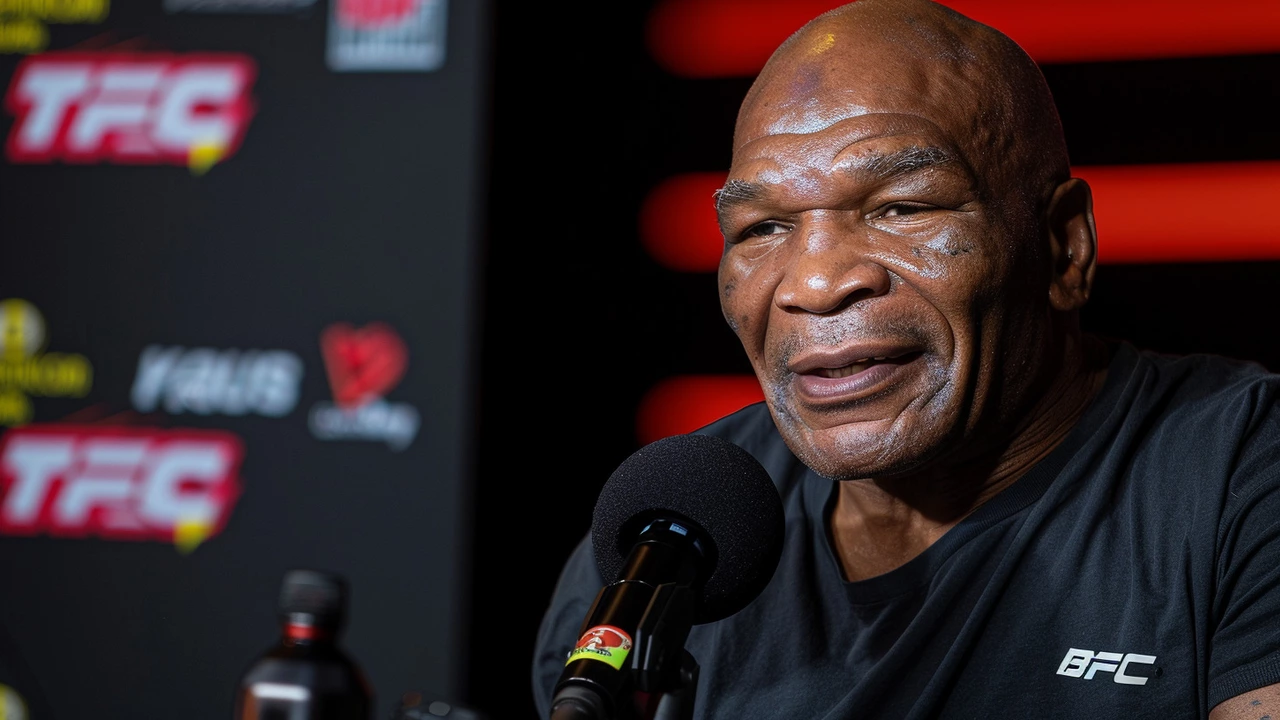Health Concerns in Sports: What Every Fan and Player Should Know
Whether you’re a weekend warrior or a die‑hard supporter, health issues can pop up in any sport. From a pulled hamstring to something as serious as a cardiac arrest, knowing the signs and how to react can make the difference between a quick comeback and a long‑term setback.
Common Risks on the Field
Most athletes face a few predictable problems: sprains, strains, and bruises from the everyday grind. But there are also hidden dangers that don’t always get the spotlight. Sudden cardiac arrest, for instance, can strike an otherwise healthy player in seconds. The first cardiac arrest often leads to death if not treated immediately, so quick CPR and an automated external defibrillator (AED) are lifesavers.
Other health concerns include heat‑related illnesses during summer training, concussion from high‑impact collisions, and overuse injuries like tendonitis when you push too hard without enough rest. Even seemingly minor issues like dehydration can spiral into cramps, dizziness, or fainting.
How to Spot and Prevent Problems
Spotting trouble early is all about listening to your body. If a muscle aches more than a typical soreness, or you feel a pounding heart that doesn’t settle, it’s time to pause and get checked. Regular medical screenings – especially for heart health – catch hidden risks before they become emergencies.
Staying safe starts with proper warm‑ups, using the right gear, and following sport‑specific safety rules. For contact sports, helmets and mouthguards aren’t optional; they’re proven to cut down concussion rates. In endurance events, plan your hydration and nutrition in advance – drink water, sip electrolytes, and fuel up with carbs before you feel the dip.
Recovery matters as much as training. Sleep, balanced meals, and stretch sessions give your muscles time to repair, reducing the odds of overuse injuries. If you’re dealing with a nagging ache, don’t push through it; a quick visit to a physiotherapist can keep a small issue from turning into a season‑ending problem.
Finally, know the emergency steps. If someone collapses, call emergency services, start CPR, and grab the nearest AED. Many community sports centers now have AEDs on site – it’s worth checking before you step onto the field.
Keeping these health concerns in mind helps you stay in the game longer and enjoy every moment, whether you’re scoring goals, cheering from the stands, or coaching the next generation.
